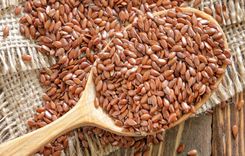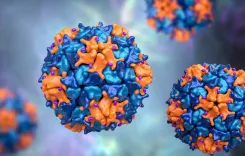How To Stay Hydrated In Ramadan?
By Mia Evelyn
3 March 2023
Water is the essence of life and nature. You can go for weeks without food, but not weeks without water. During the holy month of Ramadan, it is the most crucial fluid for quenching your thirst. However, most people are unaware of this since they only drink water to break their fast at Iftar and then forget it till the next day!
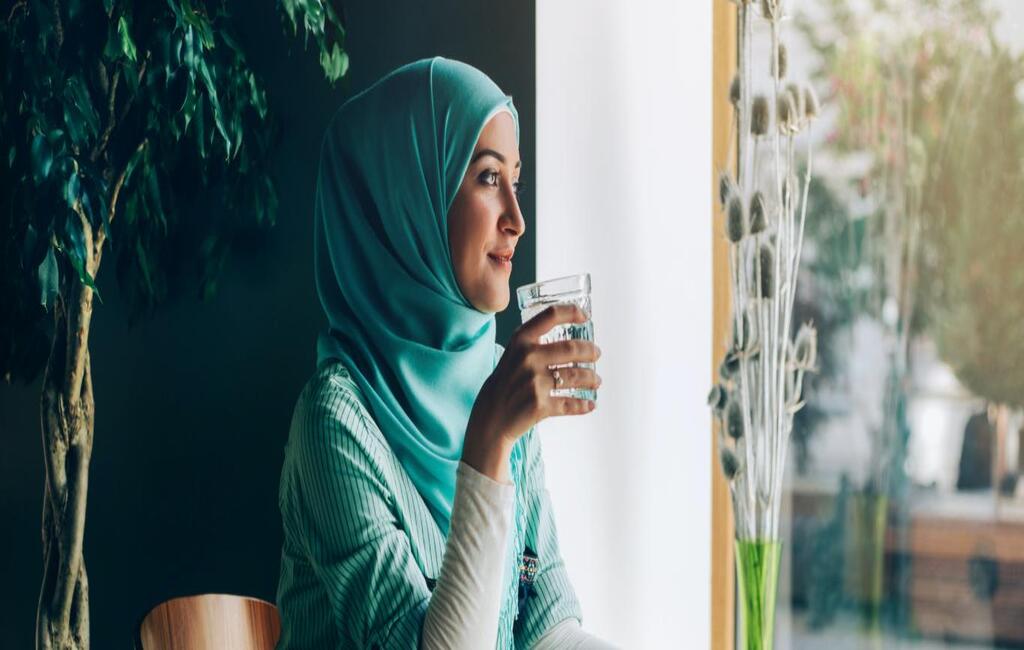
One of the most important things to remember is to stay hydrated. Here are six tips on how to stay hydrated during Ramadan:
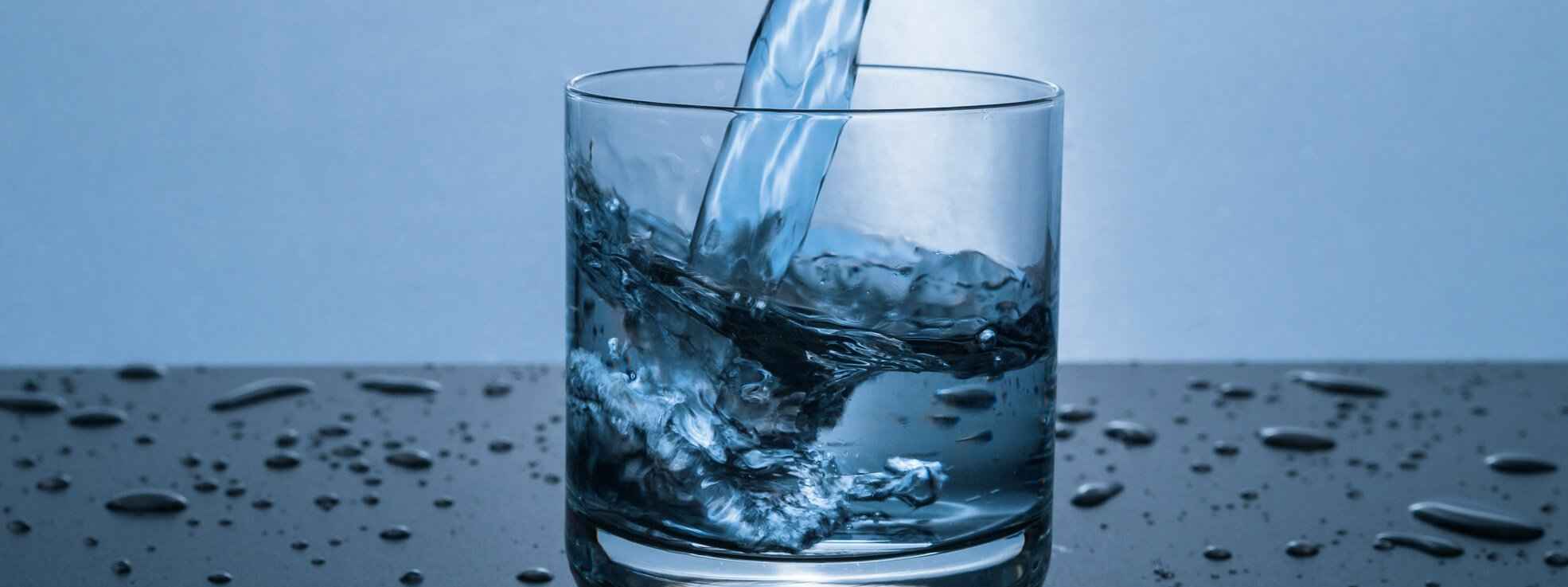
1. Drink plenty of fluids between Iftar and Suhoor (pre-dawn meal)
During Ramadan, it is important to stay hydrated. This means drinking enough fluids throughout the day, especially after Iftar. After fasting for several hours, it is important to drink fluids to replace lost liquid and electrolytes, and to help the body function properly. This can be done by drinking plenty of fluids such as water, juice, and other non-caffeinated beverages. Ramadan is beneficial for health. Eating fruits, vegetables, and other fiber-rich foods can also help to keep the body hydrated.
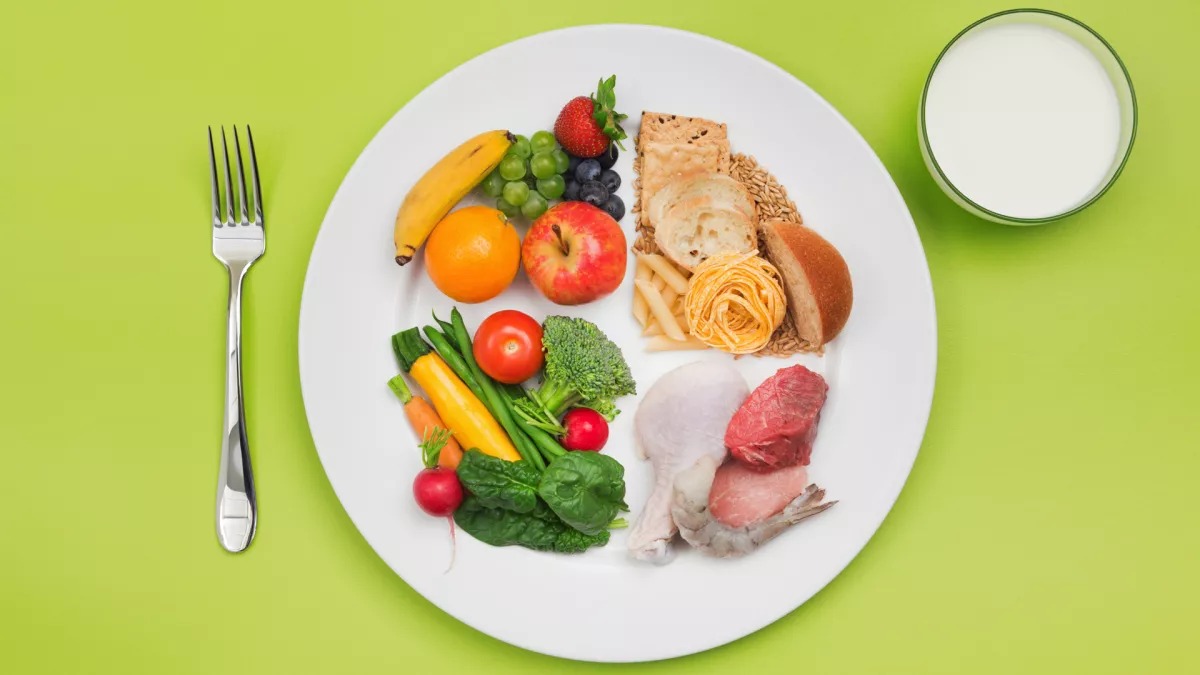
2. Eat a balanced diet
Eating a balanced diet that includes plenty of fruits and vegetables can help to ensure adequate hydration. Fruits and vegetables contain a lot of water, which helps to keep the body hydrated. Additionally, drinking plenty of water is key for proper hydration. Water helps to transport nutrients and oxygen to the cells, and it also helps to flush out toxins and wastes. Eating foods that are high in electrolytes, such as nuts, seeds, and dairy products, can also help to maintain hydration levels.
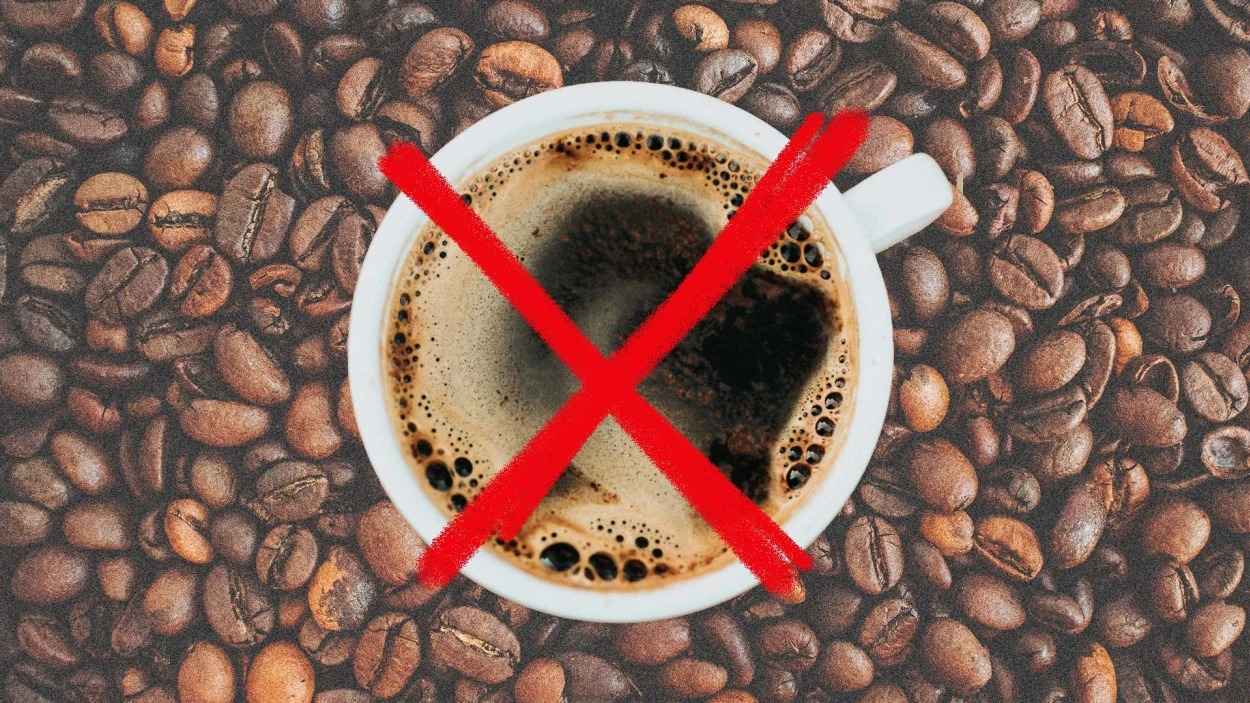
3. Avoid caffeine
Caffeinated drinks like coffee, tea, and soda can have a diuretic effect on the body, meaning that they can cause you to lose more fluids than you take in. This can lead to dehydration, which can make fasting more difficult. Staying hydrated will give you clear skin too!
4. Drink slowly
To maximize the benefits of hydration, it is best to drink slowly throughout the day. This helps to ensure that the body can absorb the fluids more efficiently. It is also important to choose the right type of beverage. Water is usually the best choice, but other non-caffeinated beverages can also provide some hydration. Additionally, it is important to avoid beverages with high levels of sugar and caffeine, which can cause dehydration.
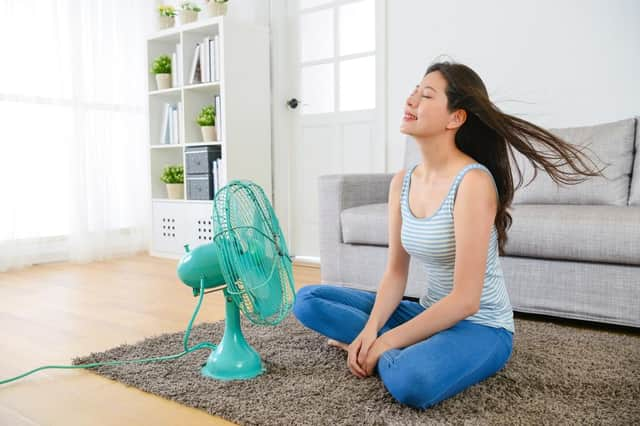
5. Stay cool
Staying cool helps to reduce the risk of dehydration. Try to stay in cool, air-conditioned places during the day to help keep the body temperature down. Wear light-colored, loose-fitting clothing to help keep the body cool and shield it from the sun. Drink plenty of fluids throughout the day, particularly water, and avoid drinks containing caffeine or alcohol. If possible, avoid going out during the hottest parts of the day and take frequent breaks when outdoors in the heat.
6. Monitor your urine
Checking the color of your urine can help to indicate whether or not you are adequately hydrated. Urine should be light yellow. If it is darker than this, it may be a sign of dehydration. Urine may also become darker if you have taken certain medications or vitamins. Inadequate hydration can lead to a range of serious health issues, such as dehydration, kidney stones, urinary tract infections, and more. Therefore, it is important to be aware of the color of your urine.
Remember to listen to your body and drink fluids when you feel thirsty. Staying hydrated is essential to maintaining good health and well-being during this holy month.



